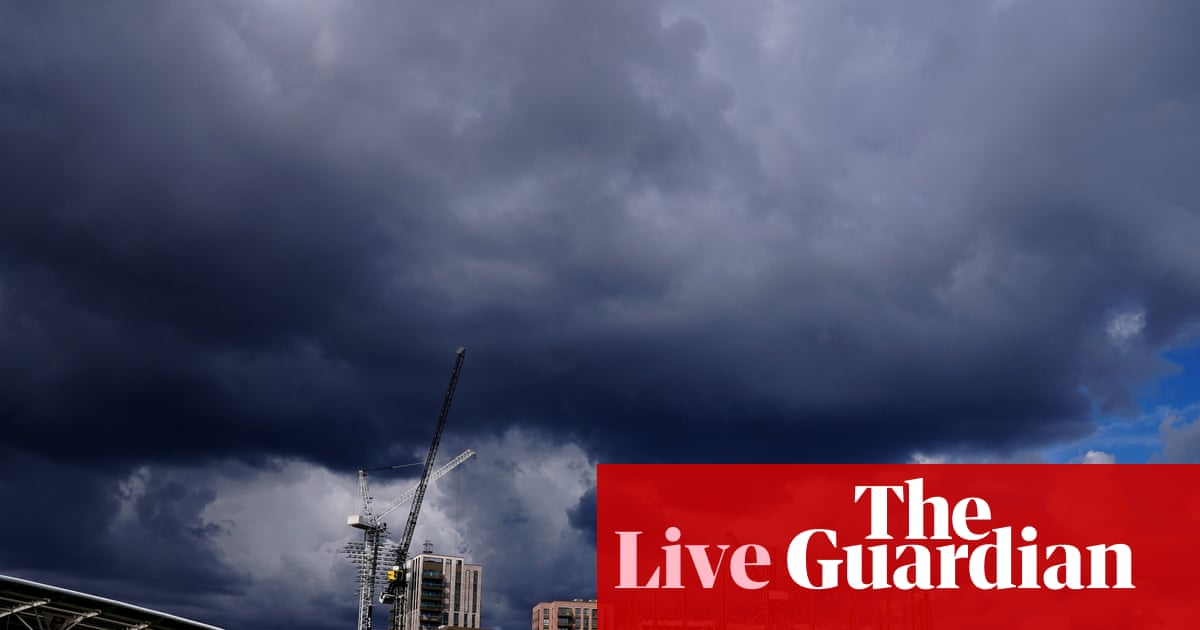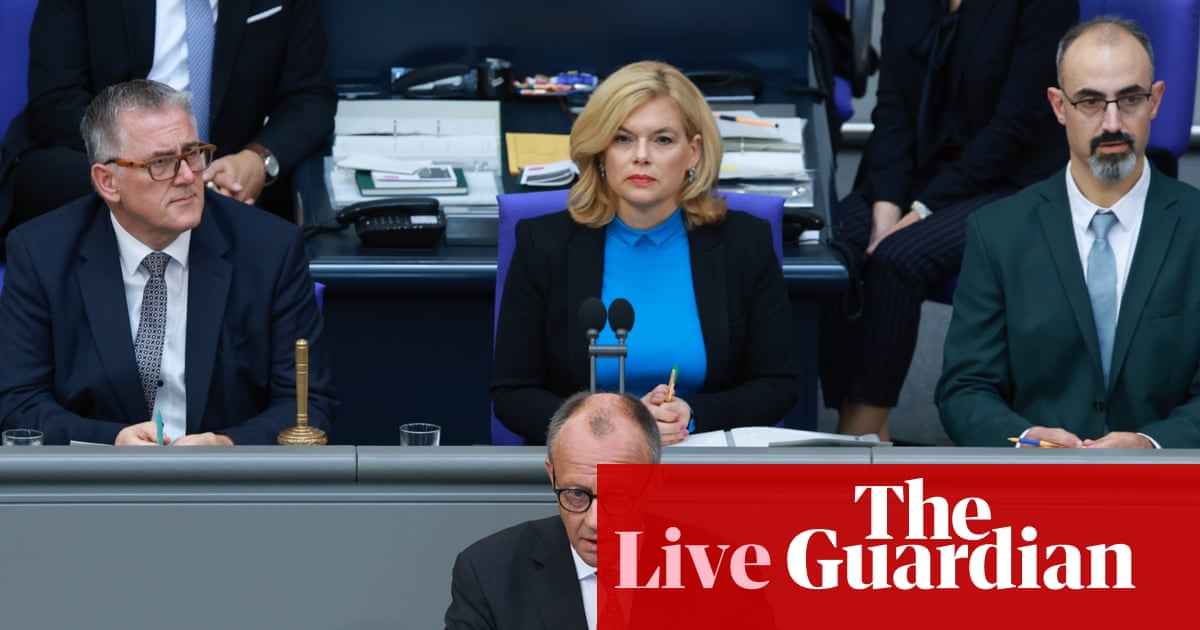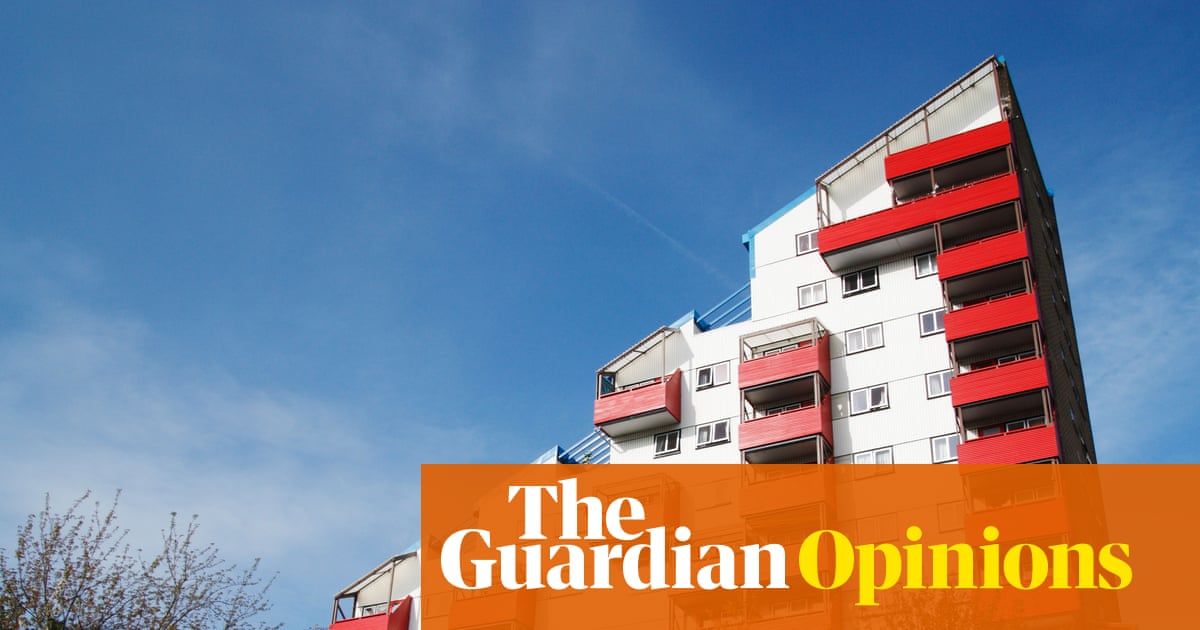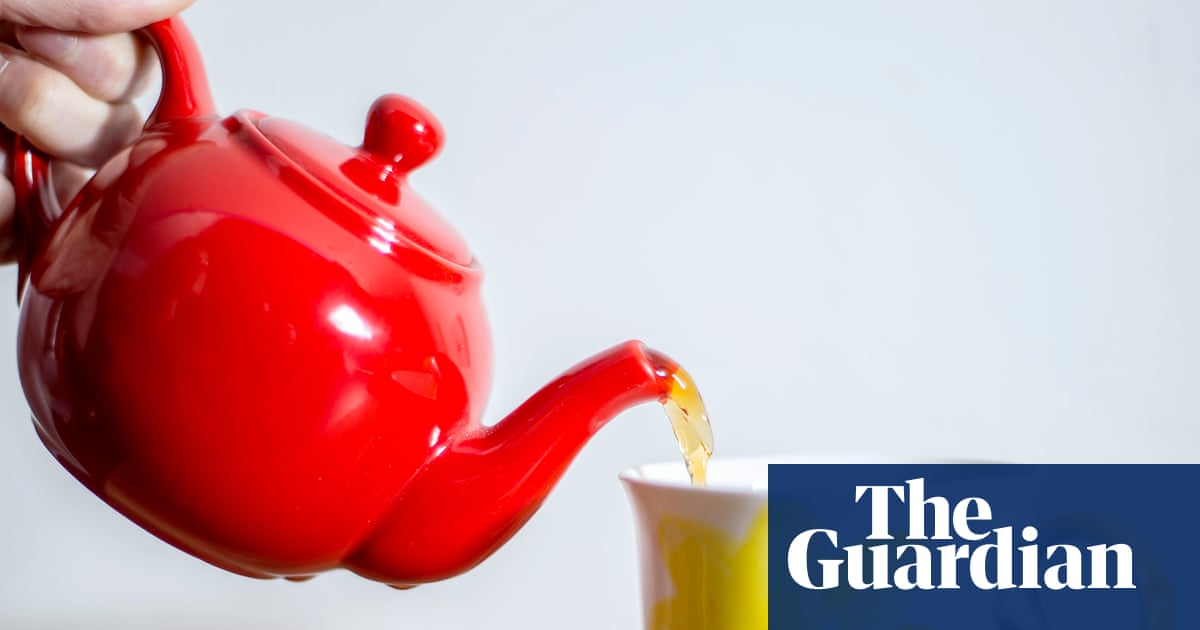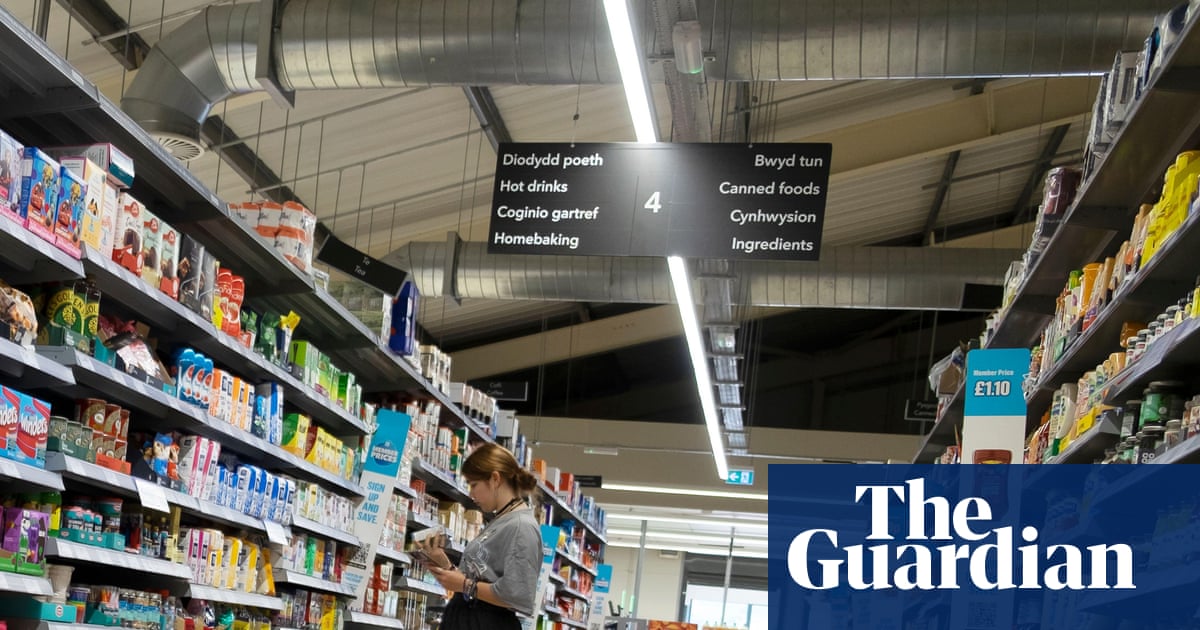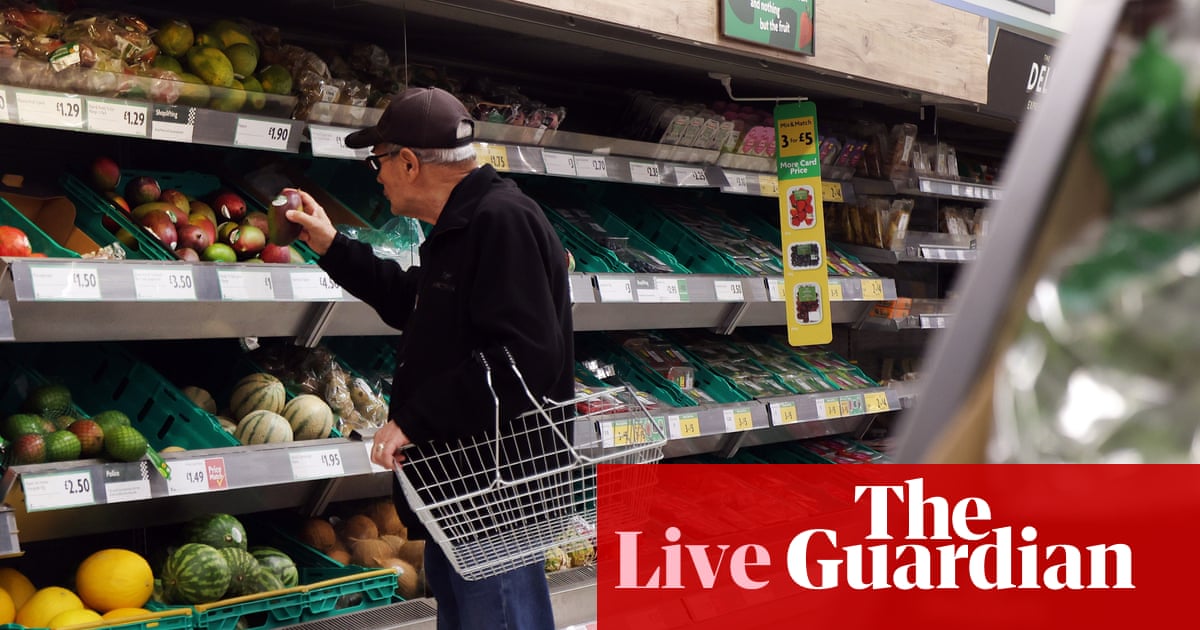Labour’s victory in the Holyrood byelection offers the UK government a rare political comfort but not, perhaps, the strategic breakthrough it might like to imagine. A late flurry of welfare signalling, a dogged ground campaign and a carefully staged visit to a Govan shipyard by Sir Keir Starmer helped shore up Labour’s appeal to its traditional voters in Scotland’s industrial belt. Yet as Prof John Curtice has noted, Labour’s share of the vote actually declined compared with the last time voters cast ballots here in 2021 – a year in which the party was placed a distant third and was polling at the same dismal level of public support, 20%, it has today.
The prime minister will gladly pocket Davy Russell’s win in Hamilton, Larkhall and Stonehouse. But it is a foothold. There is still a steep climb to the summit. More telling is who lost. The Scottish National party’s poor showing reflects dissatisfaction with its record of governance and the diminishing appeal of independence in areas where Labour has deep roots. The real surprise was Reform UK, taking over a quarter of the vote and leapfrogging the Conservatives into third place. It drew from both main parties, fuelled by protest and unionist anger that flattened the Tories.
If these trends continue, the Holyrood elections, scheduled for next year, will not be good news for anyone but Reform despite the party losing its chair Zia Yusuf this week. Labour is not yet credible as a government-in-waiting at Holyrood. But for the SNP the crisis is more acute. If its vote remains around 30% and opposition is split at the next election, the SNP would probably remain the largest party, but would be unlikely to bestride the Scottish parliament. The pro‑independence movement would be institutionally endangered, not by Westminster suppression, but by electoral mathematics.
Scottish politicians have long held the belief that Nigel Farage has less sway in a pro-EU, pro‑immigration nation. That is now harder to sustain. On the campaign trail, Mr Farage defended a race‑baiting Reform advert that twisted Scottish Labour leader Anas Sarwar’s words to suggest he had divided loyalties – a textbook use of identity politics to inflame division and resentment. It was a toxic, racist and dishonest dog‑whistle but that did not stop Reform’s rise.
The Tories face an existential crisis. In 2021 they became the official opposition as the strongest anti‑SNP, pro-unionist option, a strategy that paid off on the regional list. But if Reform keeps eating into that base, Thursday’s result suggests the Conservatives could ignominiously fall behind not just Reform, but also the Lib Dems and Greens. With the constitutional question fading and Holyrood designed to favour horse-trading, 2026 looks like yielding a more divided chamber. Coalitions – Labour with the Lib Dems, or even across the divide – could yet emerge to focus on bread-and-butter issues and govern without Reform. Labour won the seat, not the argument. The SNP may still top the poll in 2026 – but as a weaker force in a far less predictable landscape.

 3 months ago
94
3 months ago
94

